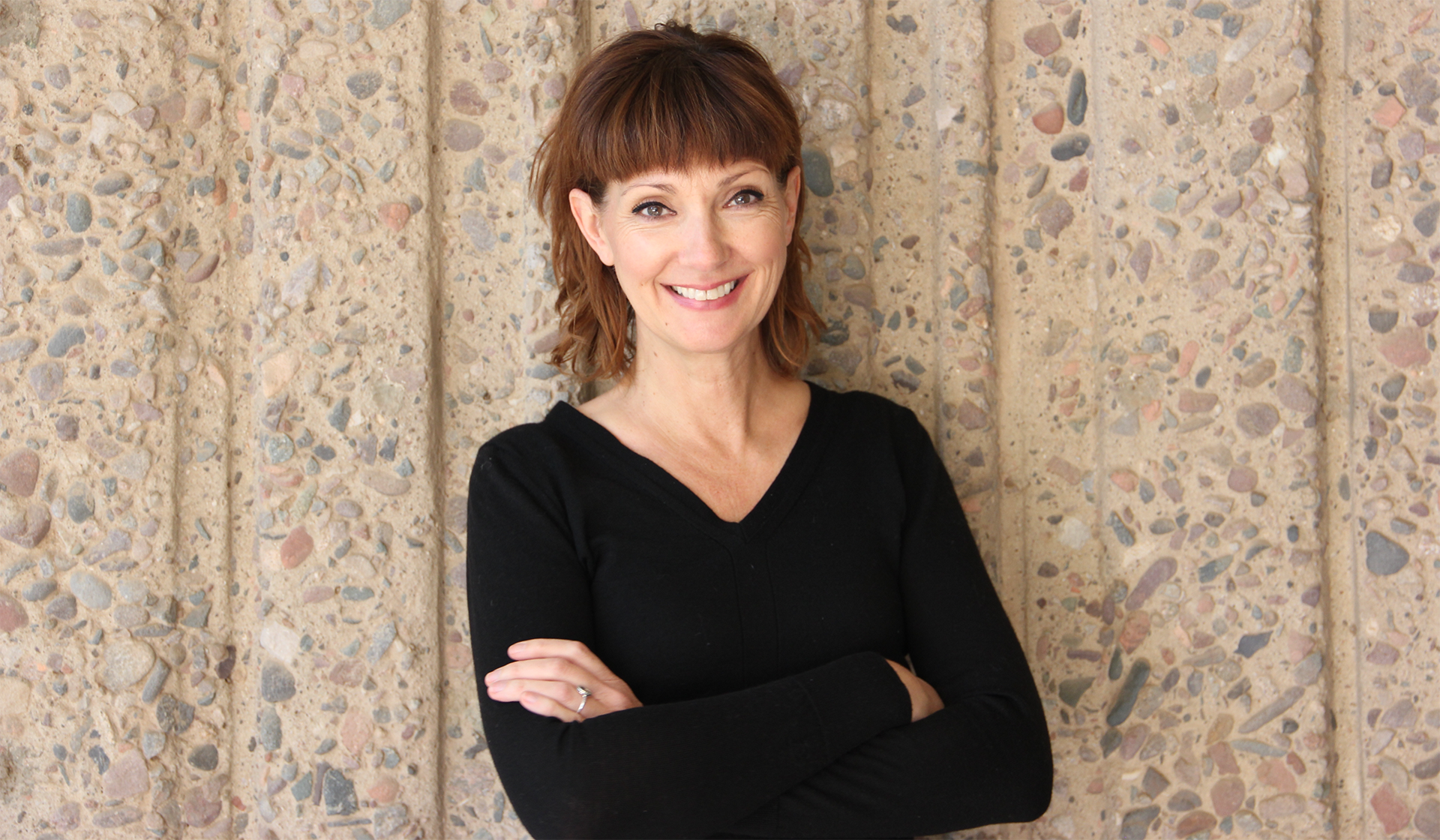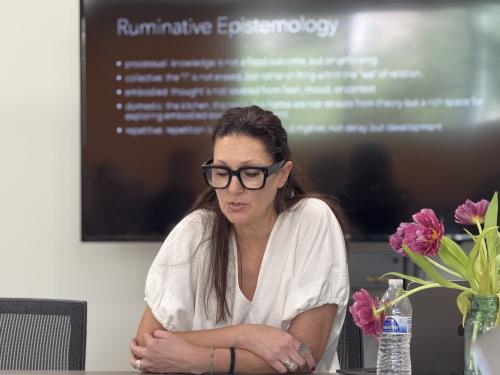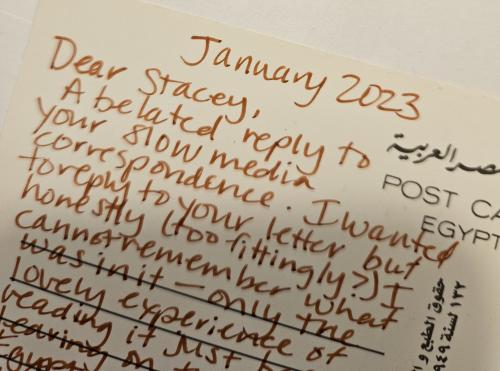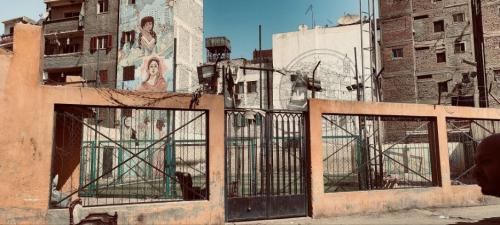Applied Theory
This initiative intervenes in the common understanding of theory as a highly specialized, contemplative practice divorced from material life. Instead, we return to an older meaning of theoria as a journey, both sacred and political, and ask how theory might circulate through lived experience. In other words, turning theory on its head, we do not ask how theories can be applied to the world, but rather, explore the various ways that theory shows up in the world.
Applied Theory Commons
Applied Theory Commons is a graduate student group within the Applied Theory Initiative dedicated to fostering cross-disciplinary engagement, collaborative inquiry and shared intellectual community. The Commons provides a space for students from across the humanities, arts and related fields to explore theoretical questions in conversation with one another and in relation to their own research and practice.
The group meets periodically for reading sessions, informal discussions, workshops and student-led events. Its aim is to support a vibrant graduate cohort interested in theory-in-practice, test and exchange ideas and develop understanding collaboratively.
All ASU graduate students with an interest in theory, methodology, critique or interdisciplinary inquiry are welcome to participate.
To join the Applied Theory Commons mailing list and receive updates on gatherings and opportunities, please sign up here.
Got questions? Contact Stacey Moran at [email protected].
Upcoming events
Projects
Initiative Director

Stacey Moran is Assistant Professor in the School of Arts, Media and Engineering and the Department of English at Arizona State University. Her work lies at the intersections of feminist theory and technoscience, design studies, and critical pedagogy. Moran has published articles on the critical studies of feminism and technology, technoscience and design, and the rhetorics of materialist philosophy, and is the author of "The Stranger Within: Barad Beyond Barad" (forthcoming). Moran is a member of the Center for Philosophical Technologies, directs a design summer school in the Netherlands, and collaborates with the School of Materialist Research. She also maintains a creative practice that examines the relation between design, mythology and material practices.


